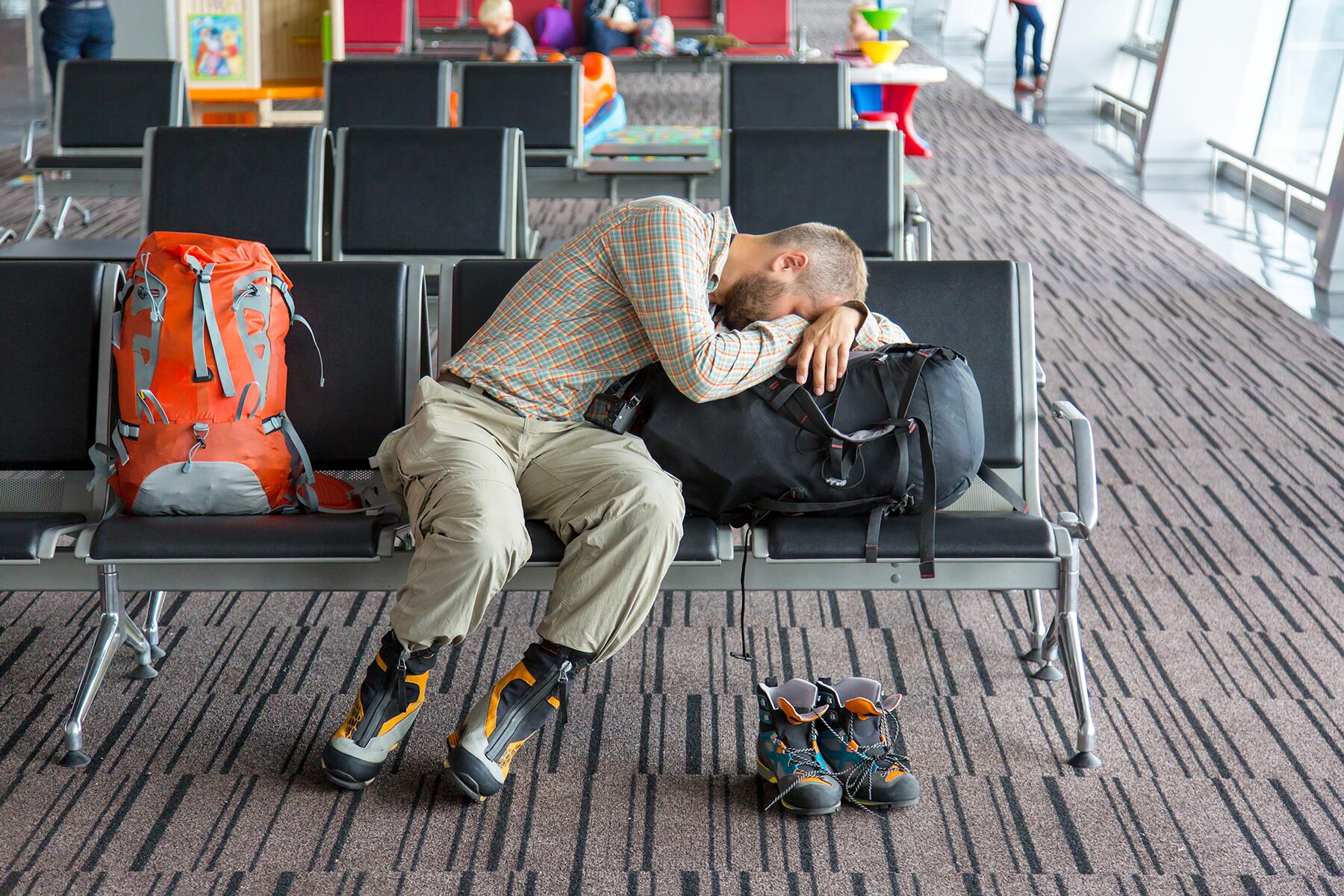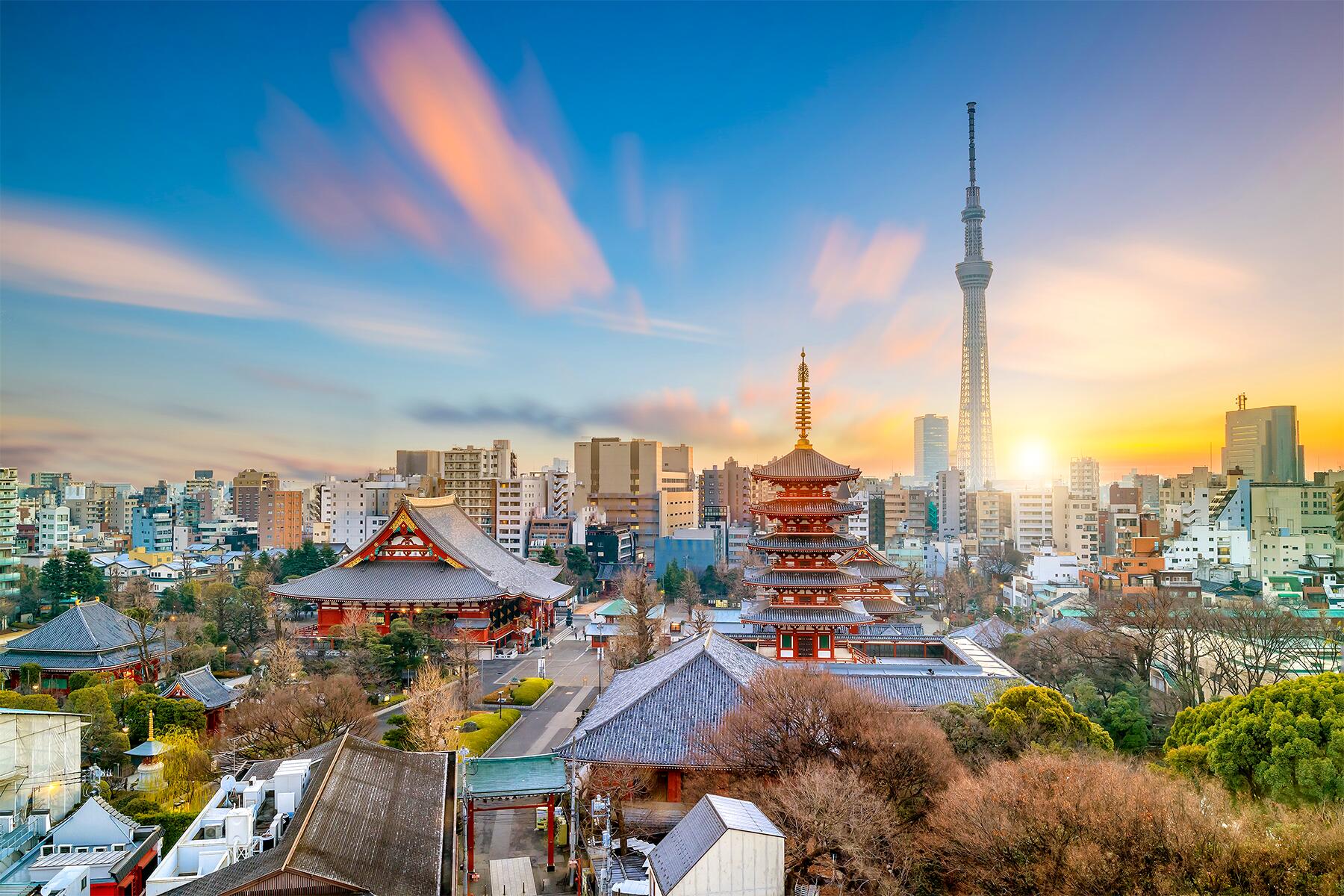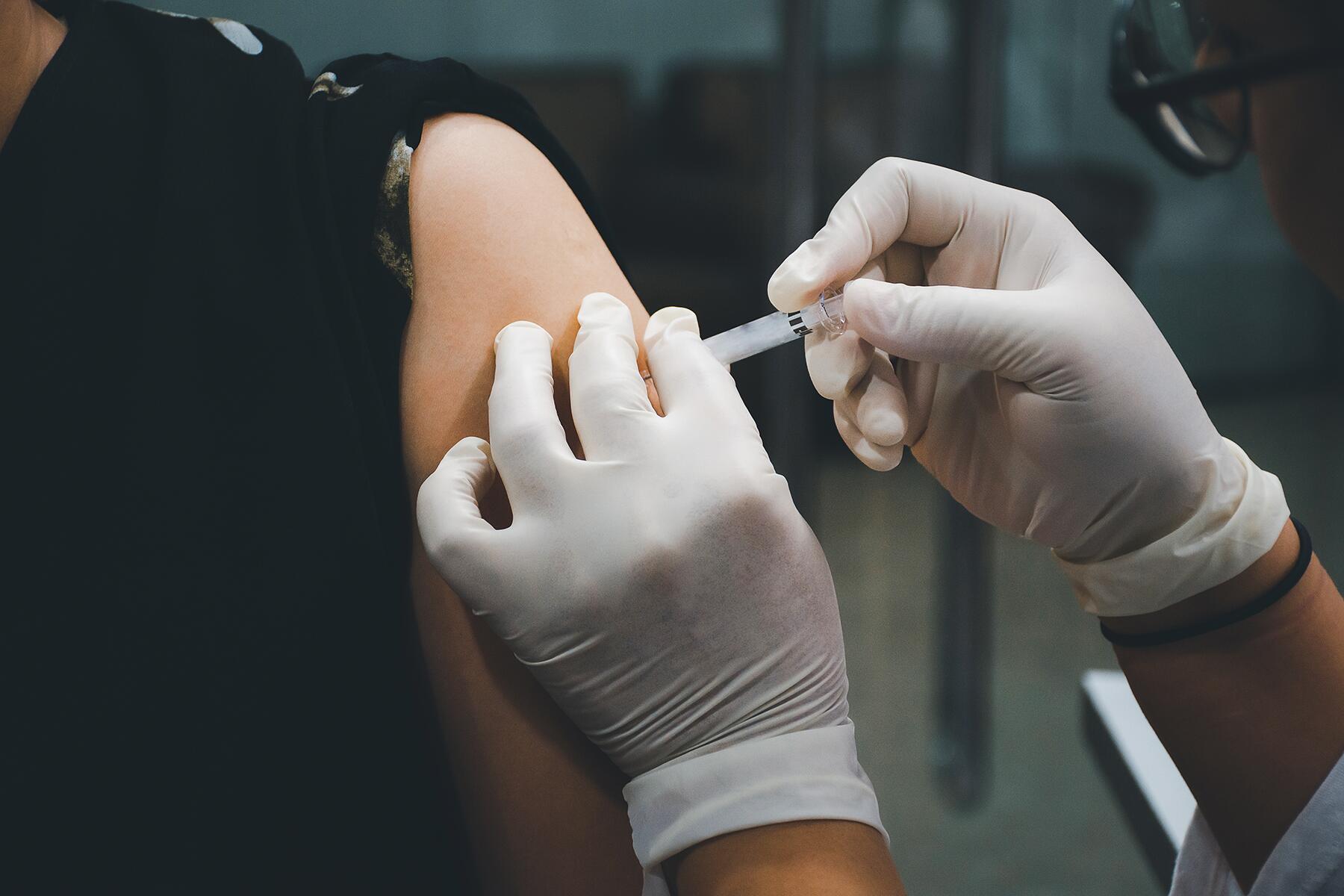Here’s the deal about vaccine tourism.
It’s been more than a year since the first case of the novel coronavirus was reported. After months under lockdown and millions of cases, the world is celebrating the approval of various vaccines. The U.S. has distributed more than 25 million doses and about 9 million people have received one. With another strain now spreading, the pandemic is far from over, but countries are making headways in arresting the virus and travelers are adapting.
From road trips to workcations, many trends emerged after the initial shock. As a matter of fact, rental property management platform Guesty predicts more unseen themes this year, including “revenge travel” (longer and more intensive travel after borders open) and “life shopping” (test driving cities before relocating). According to Vered Schwarz, President & COO, Guesty, more travelers than expected vacationed in the U.S. She said, “Both Labor Day and Thanksgiving reservation volume in the U.S this year outperformed 2019 numbers by 27% and 14%, respectively.”
Vaccines are already changing the sentiment around travel, but there’s one more thing that’s become part of the discussion: vaccine tourism.
When the U.K. approved its first vaccine by Pfizer-BioNTech, Indian travel agents started circulating tourism packages with flights, accommodations, meals, and opportunistically, visits to healthcare centers to get a shot. Governments and pharma companies have not legitimized these packages and there is no way to tell if vaccines can be given to travelers from other countries, but vaccine tourism may be a phrase you will hear a lot in 2021.
Top Picks for You
Recommended Fodor’s Video
Travelers also need to be careful about bogus packages and money-making tactics where vaccines are involved because individual companies won’t be able to guarantee a shot in another country without government policies.
Is Vaccine Tourism Possible?
Medical tourism isn’t a new phenomenon. In 2017, up to 19 million people worldwide traveled to another country for treatment and the market was somewhere between $45.5 billion and $72 billion. American travelers can save a huge chunk of money by going to India, Singapore, or Thailand for their surgeries, IVF, cosmetic procedures, and dental treatment—without compromising on the quality.
Now after a lull these past few months, vaccines might shake things up again in the medical tourism market.
London-based journalist Giselle Whiteaker is separated from her 70-year-old mother in Australia. To visit her in Tasmania, she’ll need to quarantine twice and may not be able to leave again. If traveling to another country to get a vaccine might mean seeing her mother early, she would do it, but she pointed out, “Of course, I would assess the risks and there would need to be a balance, and it would depend very much on my confidence in the country to deliver the vaccine safely.”
As an Australian, Whiteaker is far down on the list in the U.K. to be invited for the vaccines that are being administered on priority to assisted living facility residents, healthcare workers, and those at higher risk. “I suspect I wouldn’t make it onto any kind of list until at least the third quarter of [2021]. That’s a long time to be living a restricted life,” she said.
Many others, like Whiteaker, have reasons to pray for a quick process or a way out. But experts are concerned about the quality of healthcare and ethics if governments approve such practices.
Ethics or Profits?
Dr. Gerald T. Keusch, professor of medicine at Boston University’s National Emerging Infectious Diseases Laboratory, is cautious about medical tourism. “The quality and success for all health care is subject to the qualifications and experience of the practitioner and the trust and confidence of the patient. It may be difficult for patients in one country to assess the qualifications of practitioners in another country. When there is a drug or a vaccine involved as part of the reason, there must also be confidence that the product is what it is supposed to be, is at required potency, and is safe to administer to humans.”
A dose administered to a tourist is a dose being redirected from the local population.
Travelers should also question if the cost of a discount is worth any reduction in quality. Are you willing to risk exposure when traveling? What happens if there’s a bad outcome in the country you’re visiting?
Medical tourism is driven by private players, so no international body can assure quality. Plus, it’s dependent on money—a privilege that may grate poorer nations who already have to wait for years for COVID vaccines. Another thing to think about apart from substandard care and medical charlatanism is that a dose administered to a tourist is a dose being redirected from the local population. Dr. Keusch warned that the outcome will inevitably be to diminish healthcare to the local population, especially those at the bottom of the socioeconomic strata.
It’s certainly a question of ethical distribution over economic gains. Dr. Lisa Eckenwiler, professor of philosophy at George Mason University, agrees that the challenge of traveling for vaccination is complicated due to healthcare systems in different countries. She explained that government-funded institutions run parallel with for-profit healthcare organizations in low- and middle-income countries, so distributive justice will be a worry when there are already significant inequities.
“The concern with parallel channels for distribution is the potential diversion of resources—vaccines but also health professionals’ time, clinic space, transportation of drugs, electricity to refrigerate them, and all the other goods involved in the provision of health care—away from people with potentially greater need and also perhaps fewer options for securing the vaccine,” said the professor, whose area of research focuses on global healthcare inequalities and health justice.
Right now as pharmaceutical companies rush to manufacture millions of doses to meet the orders around the world and airlines launch operations to airlift these doses, traveling to get vaccinated still feels like a distant possibility. But when deliberating on vaccine tourism, it will be questioned whether it’s a good idea to risk traveling, trust the quality of the vaccine and healthcare, and use resources to jump the queue—for governments as well as for individuals.
Travelers also need to be careful about bogus packages and money-making tactics where vaccines are involved because individual companies won’t be able to guarantee a shot in another country without government policies. State bodies have procured the vaccines and devised strategies for distribution, so it can’t happen without their intervention—something to look out for. With stealing and counterfeiting of the vaccine already a worry, redirecting doses through nefarious means is a scenario that the world will need to fight against.
Amid this, anti-vaxxers are still reluctant to get a shot, with 39% of Americans saying they will not get the vaccine. Misinformation and vaccine scares are rampant on social media, and people are getting caught up in this whirlwind of ignorance and scientific inaccuracies. This contrast of anti-vaxxers and medical tourists is an accurate reflection of the world that’s become highly polarized and distrustful.
No matter, 2021 will be a year of the vaccines as countries prepare for mass inoculations, and travelers are asked for proof of vaccination before flying, entering tourist places, or as visa requirements.
I encourage all people to be kind and ethical and allow those who actually need the vaccine to get them instead of being selfish and greedy. There are millions of elderly, immune compromised and front line workers who NEED the vaccine. Please don't take their dose. Pkease don't jp the line. Do the right thing and think of someone other than yourself..in this way we will beat the virus, heal our fractured world and make himan kind kinder
I would love to be able to regard the ethics of vaccine tourism, however in my case, I have no future in the US. I'd be on the streets. I haven't been there in over a year and I can't exactly afford to travel to the US just to get a vaccine. I don't make enough money to get a residential permit anywhere, so I guess I'm going to be pretty stuck this year.




Im a front line worker and because Im 59 and a half there is no priority to get me vaccinated in the foreeable future. Yes I want to know where I can travel to get vaccinated sooner. If someone can tell me please let me know.